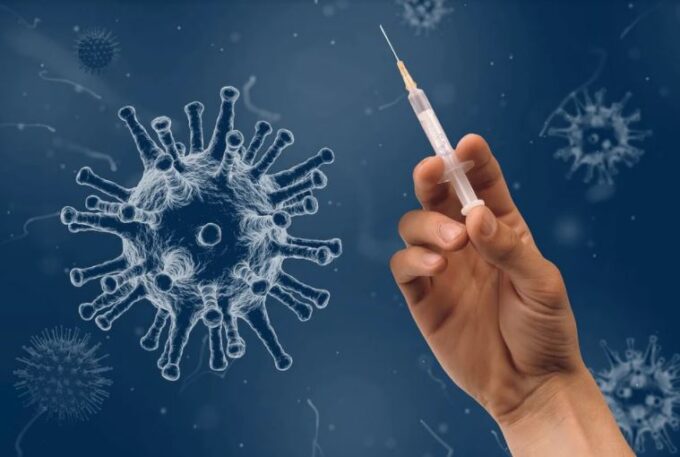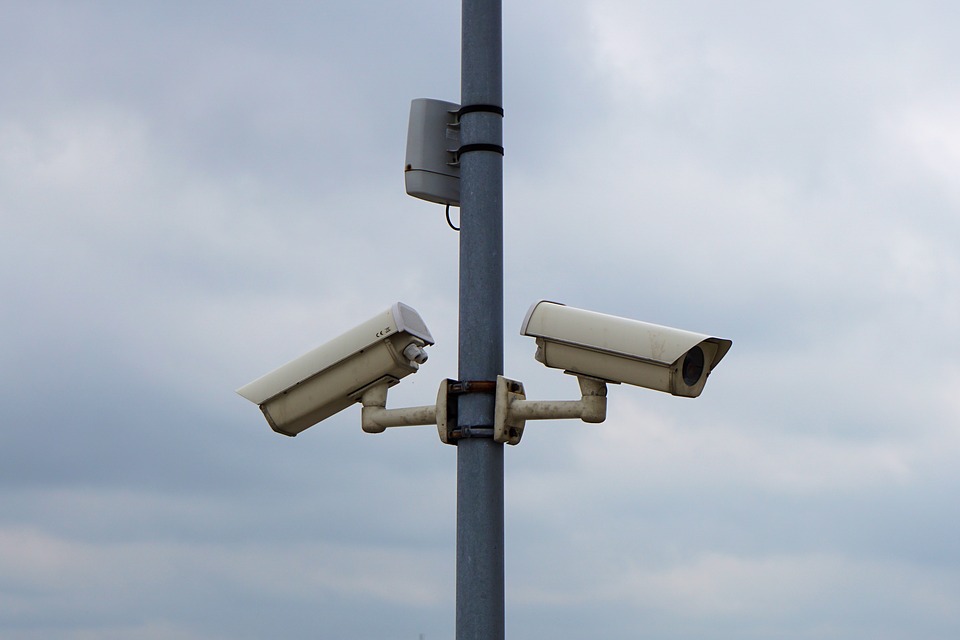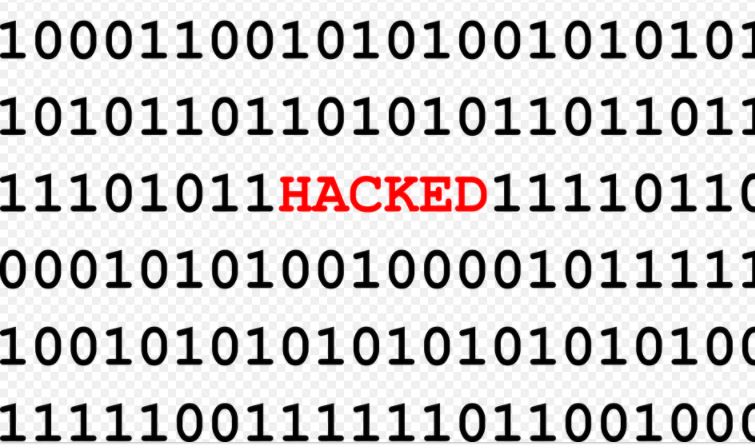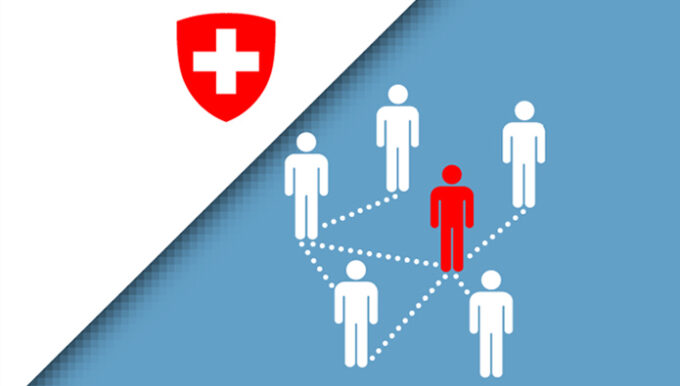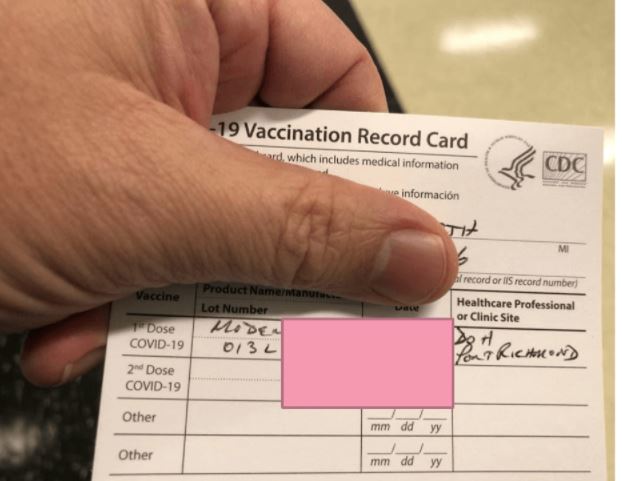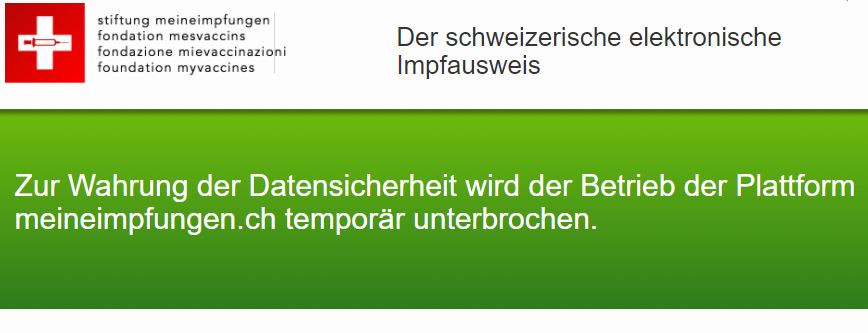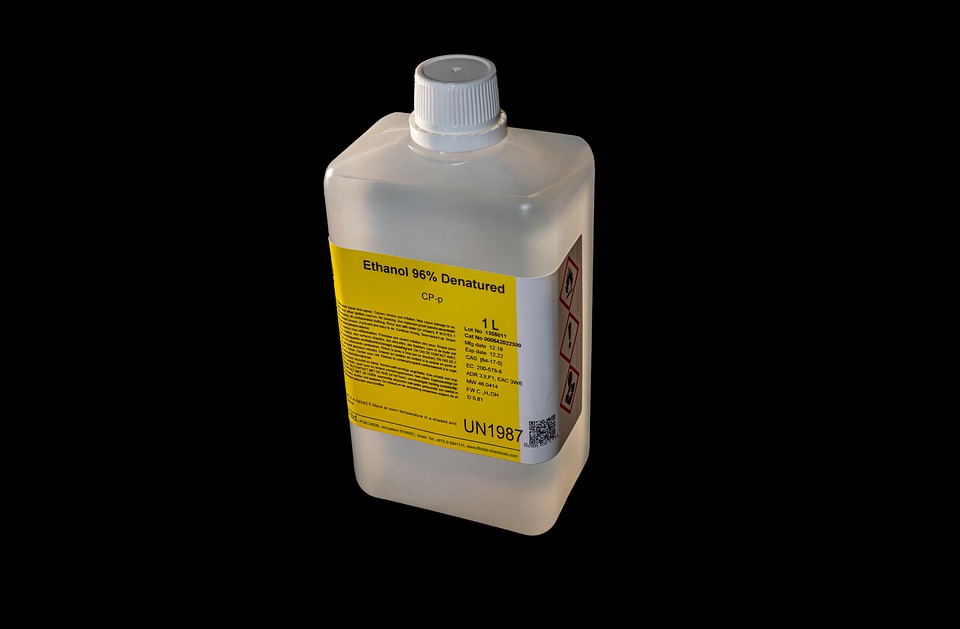Cell phone antenna burned down in the canton of Bern
Suspicion of arson: In the canton of Bern, a cell phone antenna has burned down again. A transmission mast of the mobile phone provider Sunrise in Thun was affected. However, a letter of confession has not yet been received.
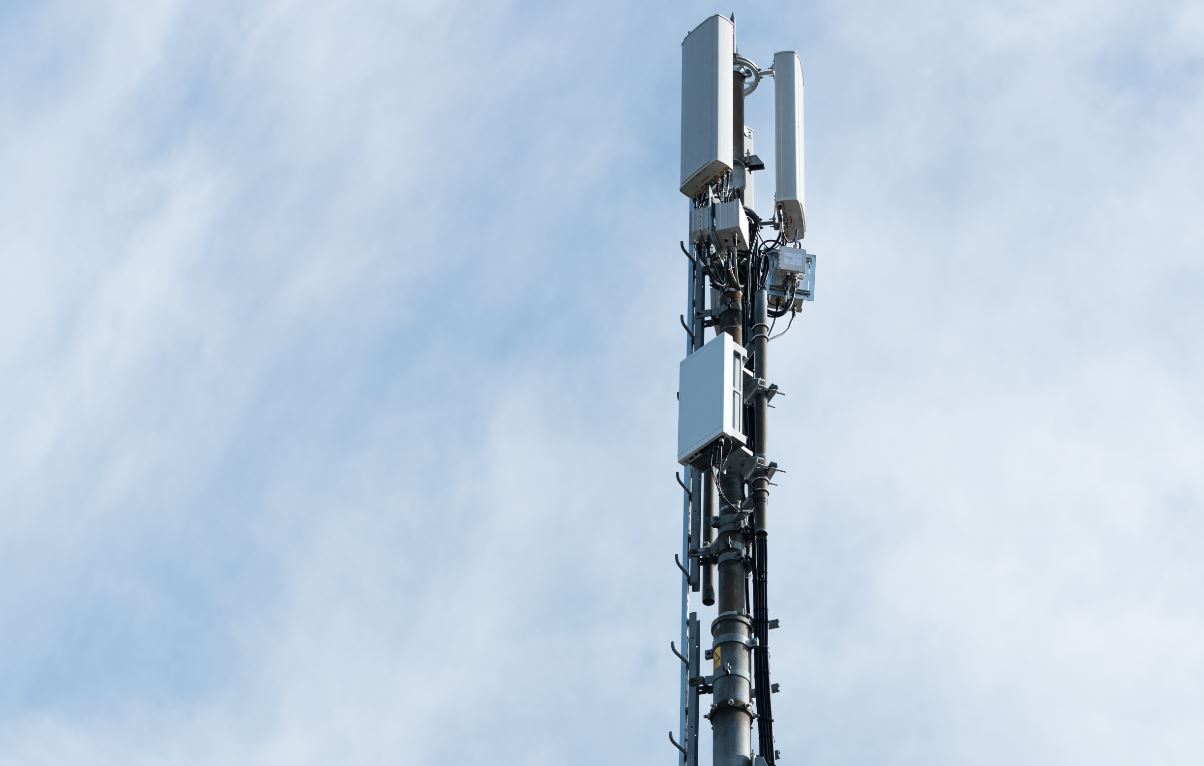
Three weeks ago, there was already a fire at a cell phone antenna in the vicinity of Thun. Also in February, a suspected attack had been committed on a 5G antenna in Uttigen BE. Now, according to the news agency SDA, there was another fire last Sunday morning at 00:30 on the Seestrasse in Thun.
When the emergency services arrived, the transmitter mast was already fully alight. Initial indications point to arson, the investigation is already underway, said a spokesman for the Bern cantonal police at the request of SDA.
At the 5G antenna in Uttigen, which belongs to Swisscom, the police also found a few scribbled notes with the request to Swisscom, Sunrise, UPC and Salt to donate several million to children; otherwise there was a threat of further arsons. In the case of the current event, no letter of confession had yet surfaced.
Source: SDA/AWP







